Conscious self-improvement is the deliberate and mindful process of enhancing one’s personal growth through self-awareness, intentional actions, and reflective practice. Unlike passive or accidental growth, it involves actively recognizing and challenging limiting beliefs, habits, and subconscious patterns that hinder progress.
Self-improvement is a term thrown around a lot these days, often packaged as a quick fix or a motivational quote to get you through a rough day. But real, lasting self-improvement—the kind that transforms your life—requires something deeper: conscious awareness. It’s not enough to want to change; you have to decide to see the world around you clearly, understand your own mind, and take deliberate steps toward growth. This is my story of how I learned that lesson the hard way, and how embracing mental discipline turned my life around.
Definition of Conscious Self-Improvement
Conscious self-improvement is the deliberate and mindful process of enhancing one’s personal growth through self-awareness, intentional actions, and reflective practice. Unlike passive or accidental growth, it involves actively recognizing and challenging limiting beliefs, habits, and subconscious patterns that hinder progress. By cultivating a heightened awareness of one’s thoughts, emotions, and behaviors, conscious self-improvement empowers individuals to make purposeful choices that align with their goals and values, fostering sustainable change and personal fulfillment.
A Life on Autopilot
For years, I lived in a fog. I didn’t know what “mentality” or “mindset” truly meant, and I certainly didn’t think they applied to me. Life felt like a series of unfortunate events—flat tires, missed opportunities, strained relationships—that I chalked up to bad luck or external forces beyond my control. I was frustrated, bitter, and often took it out on the people closest to me. My loved ones bore the weight of my negativity, and I didn’t even realize it.
I was stuck in a cycle of reacting to life rather than shaping it. I didn’t see the patterns in my behavior or the ways my own mind was holding me back. It’s easy to fall into this trap when you’re unaware of how your thoughts and actions connect to the outcomes in your life. Without that awareness, you’re just a passenger, not the driver.
The Wake-Up Call
Everything changed one day when I called a friend to vent about yet another mishap. I’d hit a sidewalk I swore I didn’t see, and it blew out my car tire. I was ranting about my “terrible luck,” expecting sympathy, when my friend said something that stopped me in my tracks: “You have no idea how glad I am to hear you’re doing badly when you’re trying to change for the better.”
I thought he’d lost his mind. “What? Are you serious?” I snapped, feeling betrayed. But he just laughed and asked, “How sure are you that you didn’t see that sidewalk?” I was adamant—I was as certain as I was that the tire was ruined. Then he dropped a truth bomb that changed everything.
He explained that while I was consciously trying to move forward, my subconscious was setting off alarms. “Your subconscious is screaming, ‘We’re not leaving this comfort zone—it’s scary out there, it’s dangerous,’” he said. “It’s not that you didn’t see the sidewalk. Your subconscious made sure you didn’t, to keep you stuck where you are. Once you understand that, you can say, ‘It doesn’t matter, I’m sticking to my plans, and that’s okay.’”
That conversation was a lightning bolt. For the first time, I realized that my “bad luck” wasn’t just random—it was a product of my own mind working against me. My subconscious was sabotaging my efforts to change because it was afraid of the unknown. That moment sparked a hunger to learn more about how my mind worked and how I could take control of it.
The Role of Conscious Awareness
Self-improvement doesn’t happen by accident. It’s not about reading a self-help book or setting a New Year’s resolution and hoping for the best. It’s about making a conscious decision to be aware of your thoughts, behaviors, and surroundings. Without that awareness, you’re blind to the obstacles in your path—sometimes literally, like the sidewalk I hit.
Conscious awareness is the foundation of mental discipline. It’s the ability to step back and observe your own mind at work. Why do you react the way you do? What triggers your frustration or fear? What patterns keep showing up in your life? When you start asking these questions, you begin to see the invisible forces shaping your reality.
For me, the sidewalk incident was a wake-up call to the power of my subconscious. I started researching psychology, mindfulness, and mental discipline, diving into books, podcasts, and online communities. I learned that our subconscious minds are wired to protect us, often by keeping us in familiar patterns—even if those patterns are harmful. To break free, you have to consciously challenge those instincts and choose a different path.
The Science of Mental Discipline
Mental discipline isn’t just a buzzword; it’s rooted in how our brains work. Neuroscientists have shown that our brains are wired for efficiency, often defaulting to habits and automatic responses to conserve energy. This is why change is so hard—your brain prefers the familiar, even if it’s not serving you. The prefrontal cortex, responsible for decision-making and self-control, has to work overtime to override those automatic patterns.
This is where conscious awareness comes in. By paying attention to your thoughts and actions, you activate the prefrontal cortex and strengthen your ability to make deliberate choices. Over time, this rewires your brain, creating new neural pathways that support your goals. It’s like building a muscle—the more you practice mental discipline, the stronger it gets.
Studies, like those from the field of cognitive behavioral therapy (CBT), show that consciously challenging negative thought patterns can lead to lasting changes in behavior and emotional well-being. For example, a 2018 study in the Journal of Behavior Therapy and Experimental Psychiatry found that individuals who practiced mindful awareness of their thoughts were better able to manage stress and make intentional decisions. This aligns with my own experience: once I started paying attention to my subconscious sabotage, I could interrupt it and choose a different response.
Putting It Into Practice
Armed with this new understanding, I began applying mental discipline to my daily life. The first step was simple but powerful: noticing. I started paying attention to my thoughts and reactions, especially when things went wrong. Instead of spiraling into frustration, I’d pause and ask myself, “What’s really going on here? Is this my subconscious trying to keep me safe?”
This practice of self-observation was transformative. For example, I noticed that I often procrastinated on important tasks, not because I was lazy, but because my subconscious associated those tasks with fear of failure. Once I recognized that pattern, I could consciously push through the discomfort and take action. It wasn’t easy, but it was liberating.
I also started setting small, intentional goals to build my mental discipline. Each morning, I’d write down one thing I wanted to focus on that day—whether it was staying calm in a stressful situation or completing a task I’d been avoiding. By consistently practicing these small acts of awareness and discipline, I began to see big changes. My relationships improved, my productivity soared, and I felt more in control of my life.
Overcoming Setbacks
Of course, the journey wasn’t all smooth sailing. There were days when I slipped back into old habits, letting frustration or self-doubt take over. But the difference now was that I could catch myself. Instead of staying stuck, I’d remind myself of my friend’s words: “It doesn’t matter, I’m sticking to my plans, and that’s okay.”
Setbacks are inevitable, but they don’t have to derail you. Mental discipline means recognizing that progress isn’t linear and choosing to keep going anyway. Each time you overcome a setback, you reinforce your ability to stay conscious and in control.
The Ripple Effect
One of the most unexpected benefits of this journey was how it impacted those around me. As I became more aware and intentional, I stopped projecting my frustrations onto my loved ones. I listened more, reacted less, and showed up as a better partner, friend, and family member. My relationships grew stronger, and I realized that self-improvement isn’t just about you—it’s about creating a positive ripple effect in your community.
Practical Tips for Building Mental Discipline
If you’re ready to embark on your own journey of conscious self-improvement, here are some practical steps to get started:
- Practice Mindfulness: Take five minutes each day to sit quietly and observe your thoughts. Don’t judge them—just notice. This builds the habit of awareness.
- Set Intentional Goals: Start small. Choose one thing to focus on each day, like staying calm in traffic or completing a task you’ve been avoiding.
- Reflect on Setbacks: When things go wrong, ask yourself, “What can I learn from this?” Look for patterns in your behavior and consider how your subconscious might be at play.
- Surround Yourself with Support: Find a community—whether online or in person—where you can learn from others and share your journey. The wisdom of others can be a powerful catalyst for growth.
- Be Patient: Mental discipline takes time to develop. Celebrate small wins and trust that consistent effort will lead to big results.
Conscious Self-Improvement and Mental Discipline for Success
Conscious self-improvement and mental discipline are deeply intertwined, forming a powerful framework for achieving lasting success. While conscious self-improvement focuses on intentional growth through awareness, mental discipline is the practice of consistently applying that awareness to make choices that align with your long-term goals. Together, they create a cycle of growth that empowers you to overcome obstacles and stay committed to your vision, even when faced with challenges.
Mental discipline is like a muscle that strengthens with practice. It involves training your mind to stay focused, resist distractions, and persist through discomfort. For example, when I began my journey, I noticed how often my subconscious would push me toward procrastination or self-doubt. By consciously recognizing these tendencies, I could use mental discipline to push forward—whether it was completing a task I’d been avoiding or staying calm during a stressful moment. This combination of awareness and disciplined action allowed me to break free from old patterns and create new, productive habits.
The synergy of conscious self-improvement and mental discipline is what drives success. Conscious self-improvement helps you identify what needs to change—whether it’s a limiting belief, a bad habit, or an unproductive reaction. Mental discipline ensures you follow through on that insight, making consistent, intentional choices that move you closer to your goals. For instance, I started setting small daily goals, like staying present during conversations or tackling one challenging task. These small acts of discipline, informed by conscious awareness, compounded over time to create significant improvements in my life.
This approach also helps you navigate the inevitable tension between your conscious desires and subconscious resistance. Your subconscious might urge you to stay in your comfort zone, as mine did with the sidewalk incident. But by combining conscious awareness (recognizing the resistance) with mental discipline (choosing to act despite it), you can override those instincts and stay on course. This dynamic is what makes conscious self-improvement sustainable—it’s not just about knowing what to do, but about building the mental strength to do it consistently.
A Transformed Life
Looking back, I’m grateful for that blown-out tire and my friend’s blunt honesty. They were the catalysts that pushed me to take control of my mind and my life. Today, I’m not the same person who ranted about bad luck and missed sidewalks. I’m more aware, more intentional, and more aligned with the life I want to live.
Self-improvement isn’t a destination; it’s a lifelong journey. But it’s a journey that starts with a single, conscious choice: to see clearly, to understand yourself, and to keep moving forward, no matter what. When you embrace mental discipline, you unlock the power to shape your own destiny—and that’s a gift worth working for.



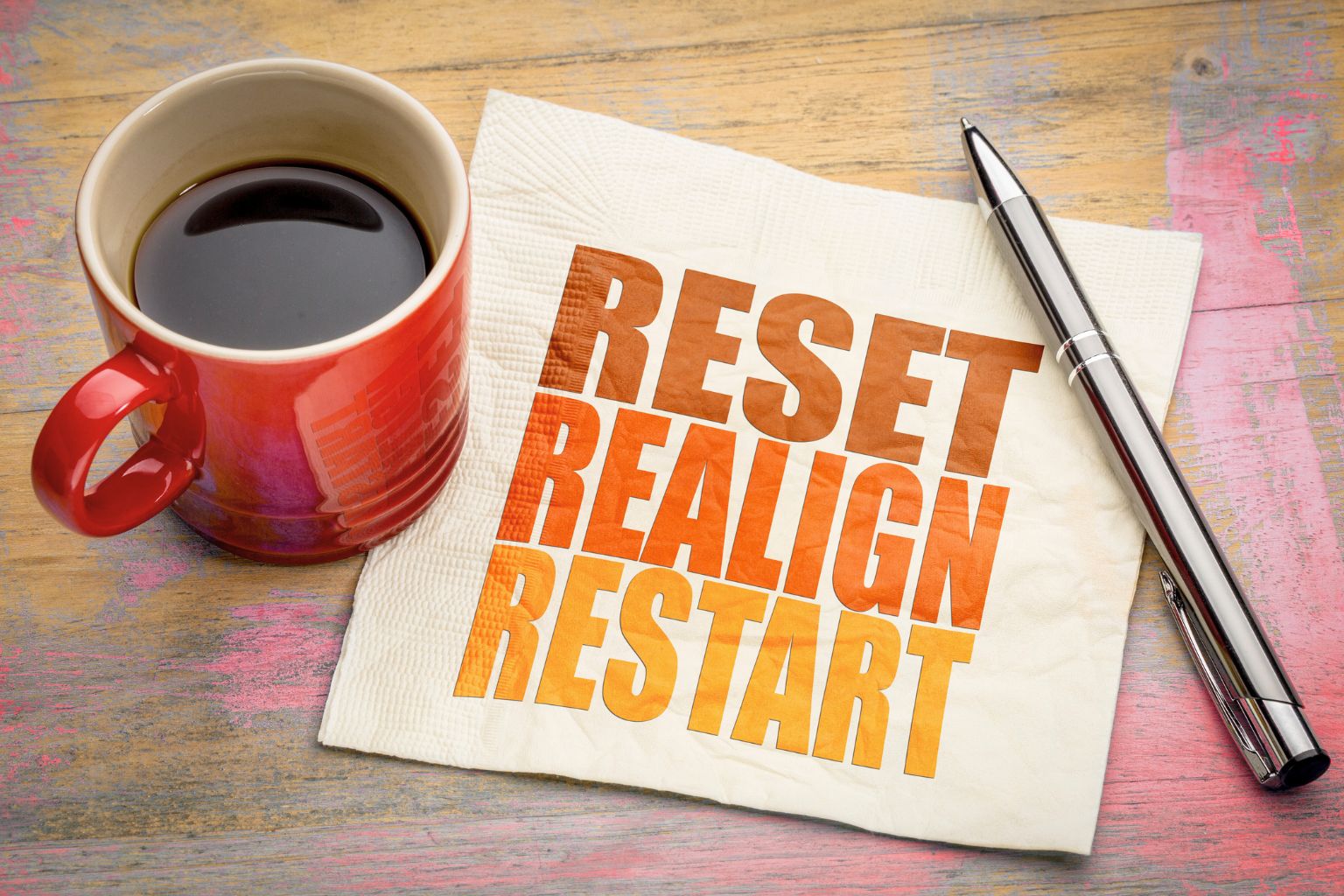

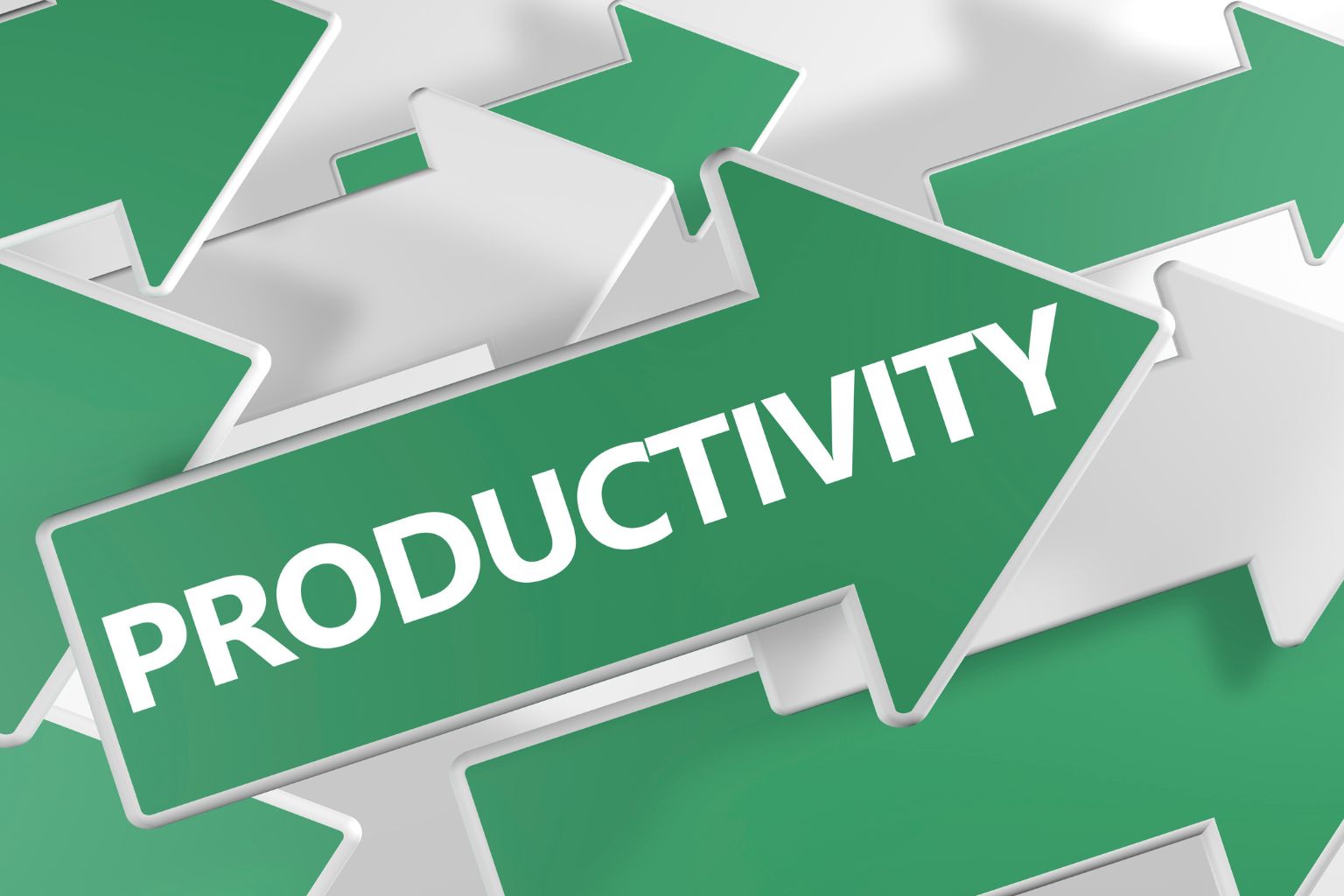
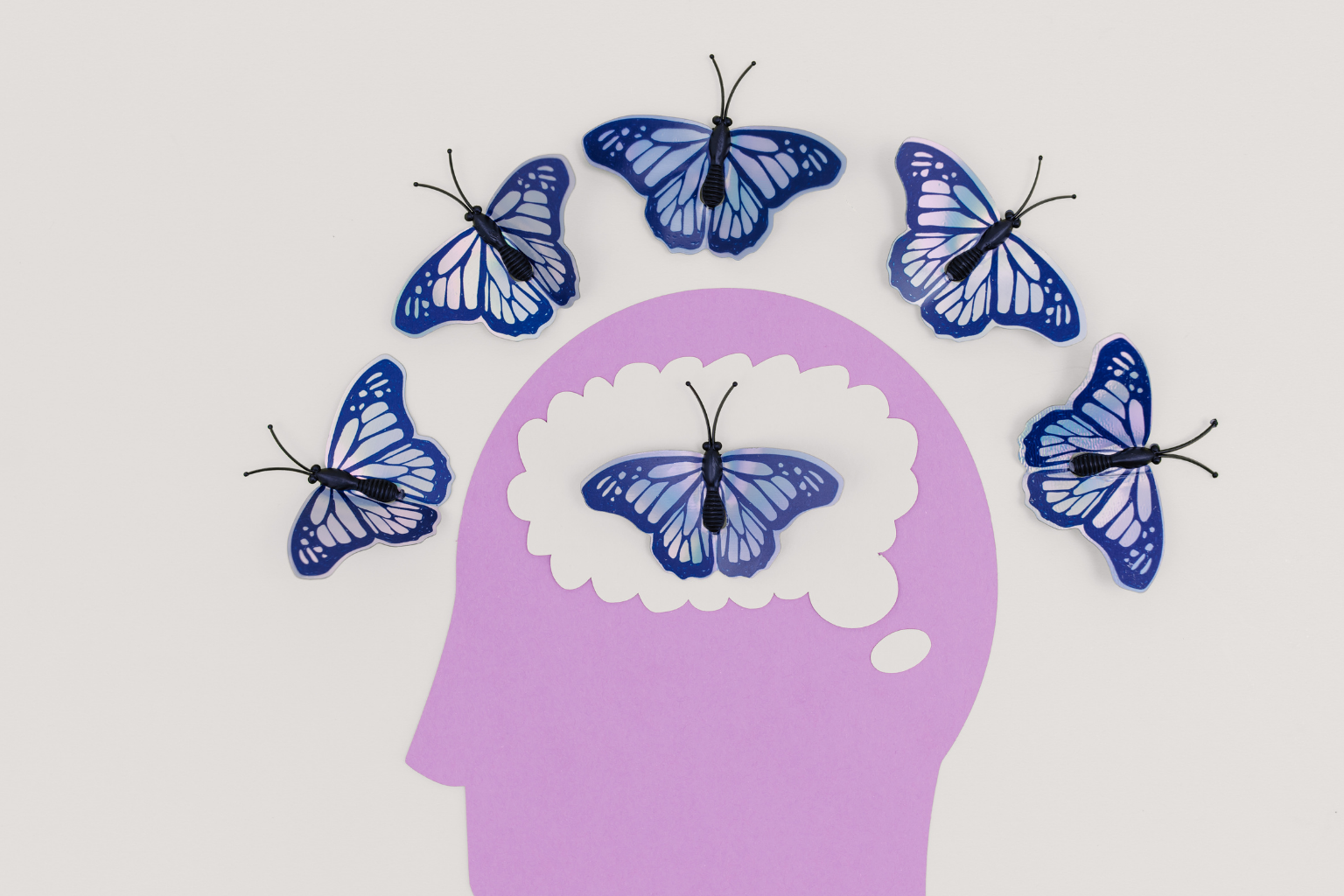

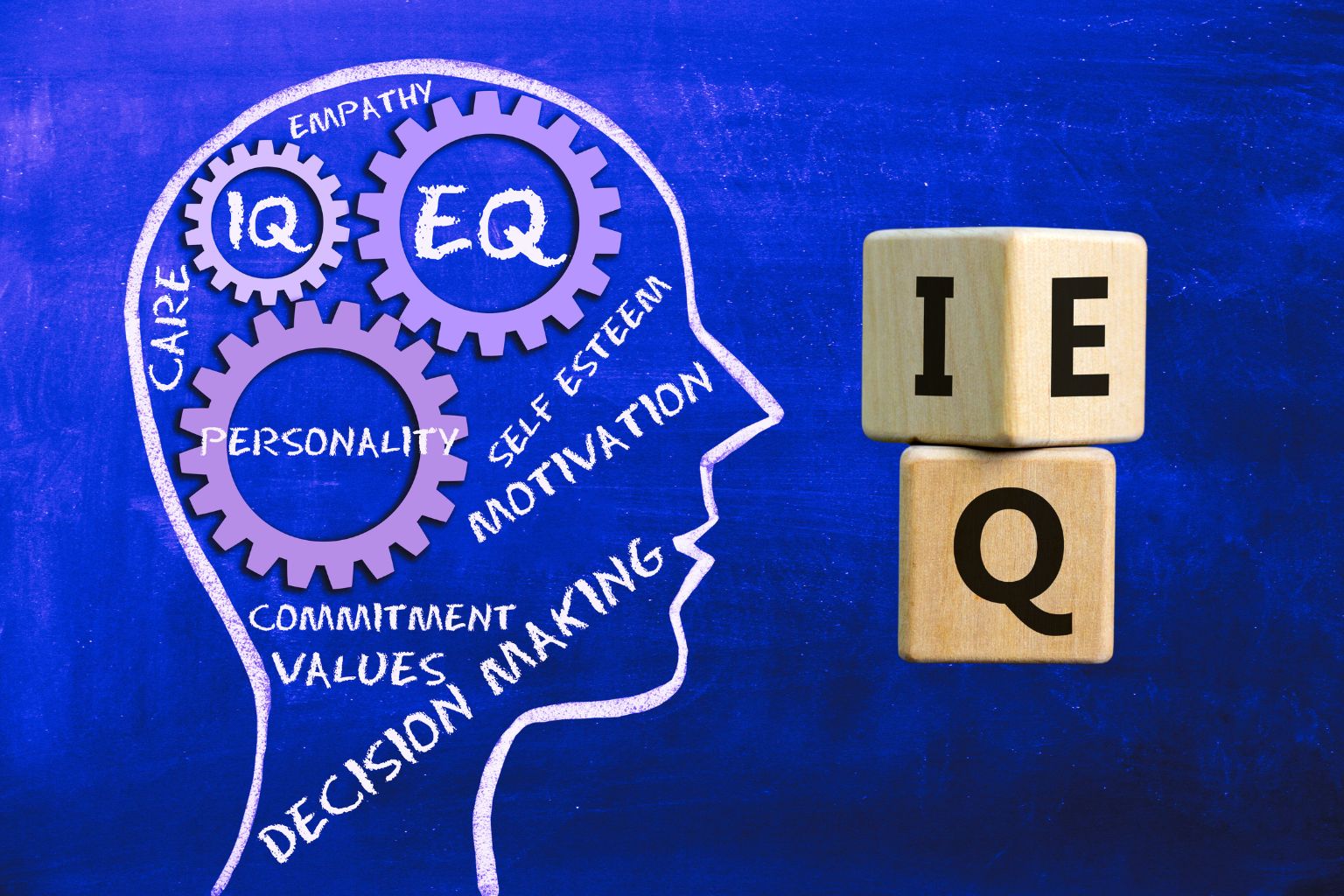


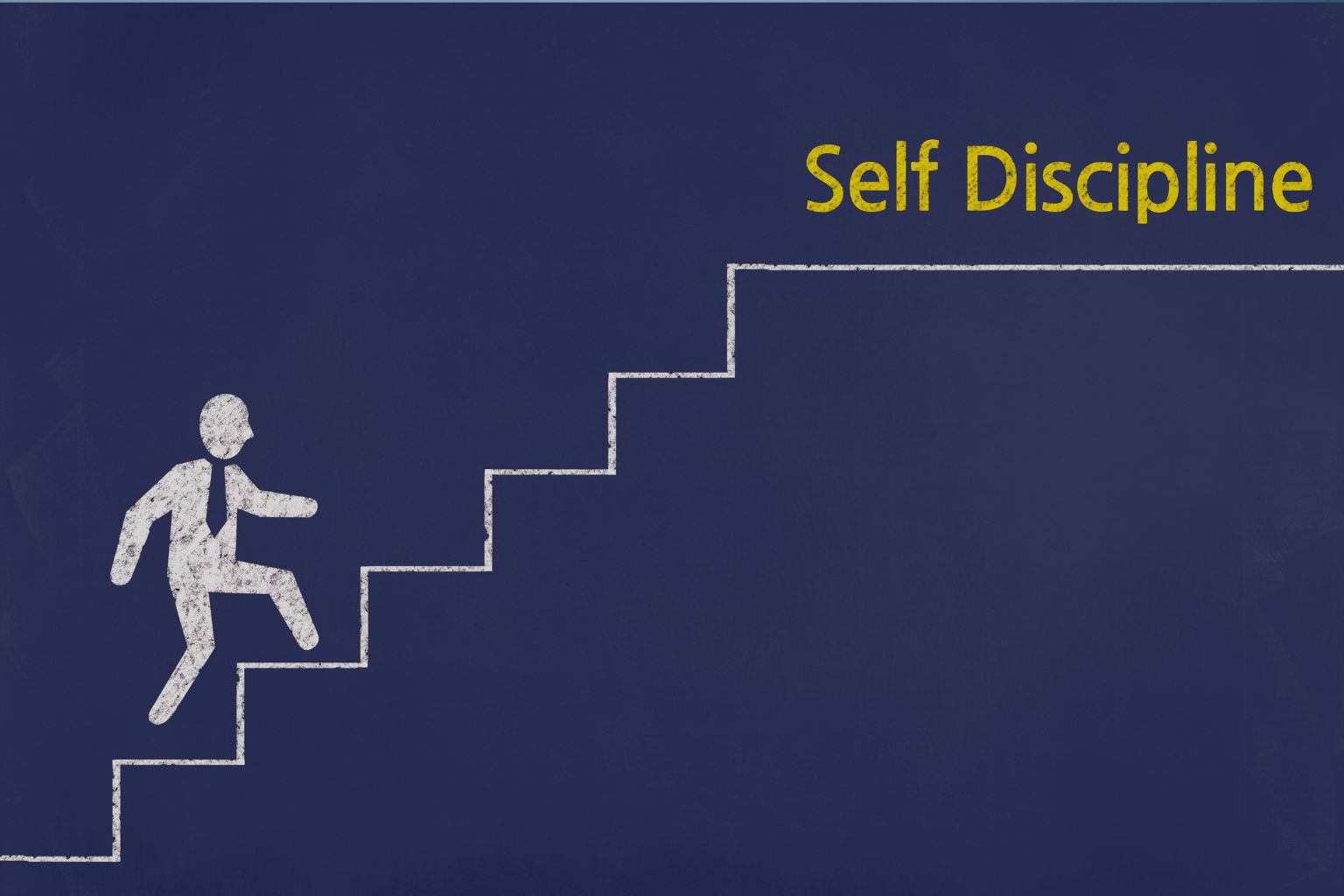

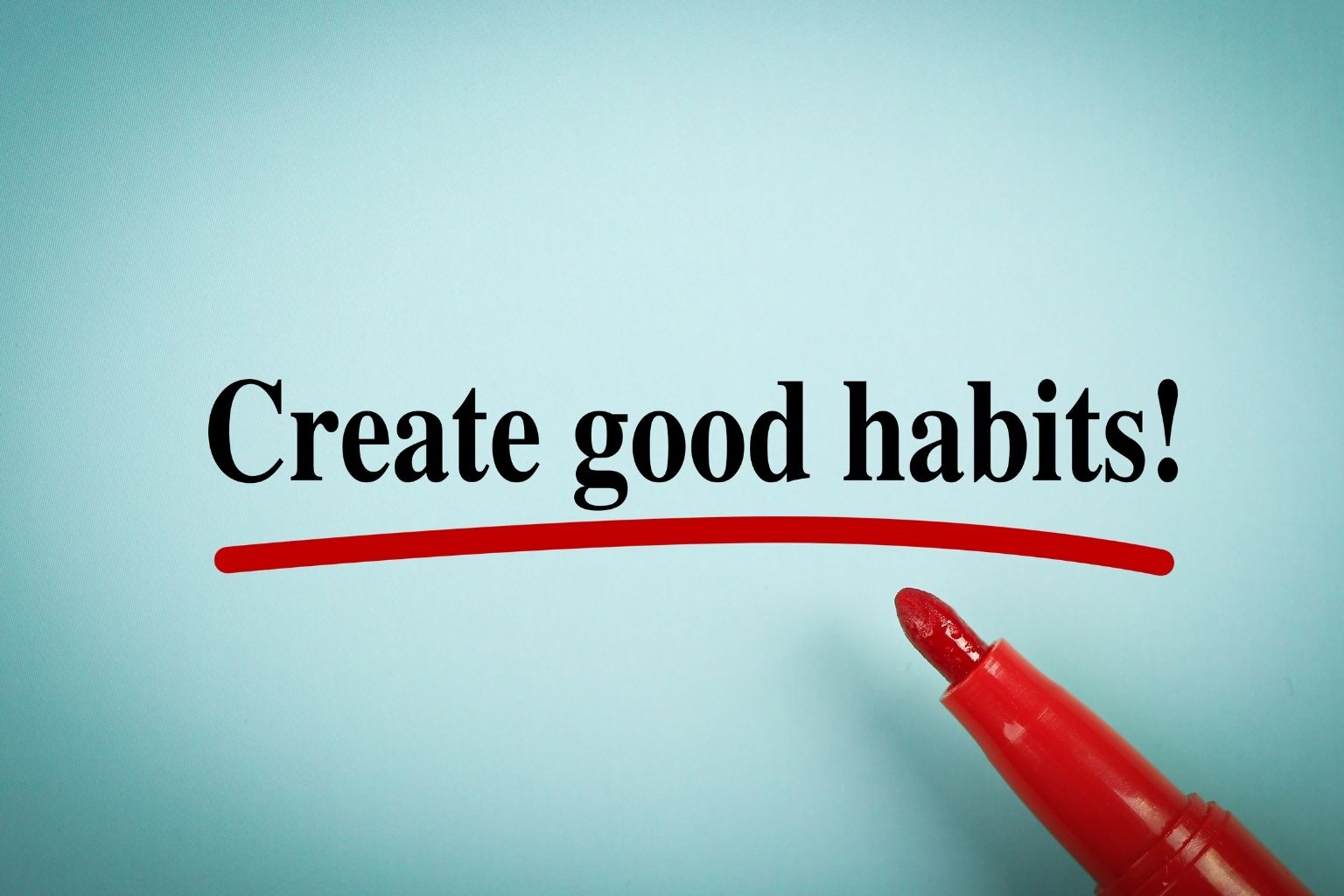



Share it!